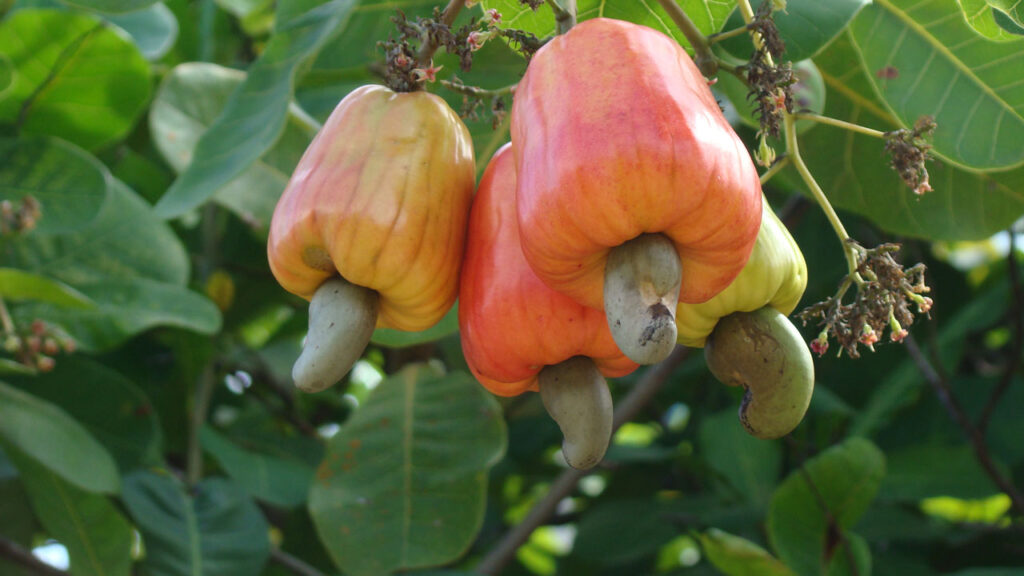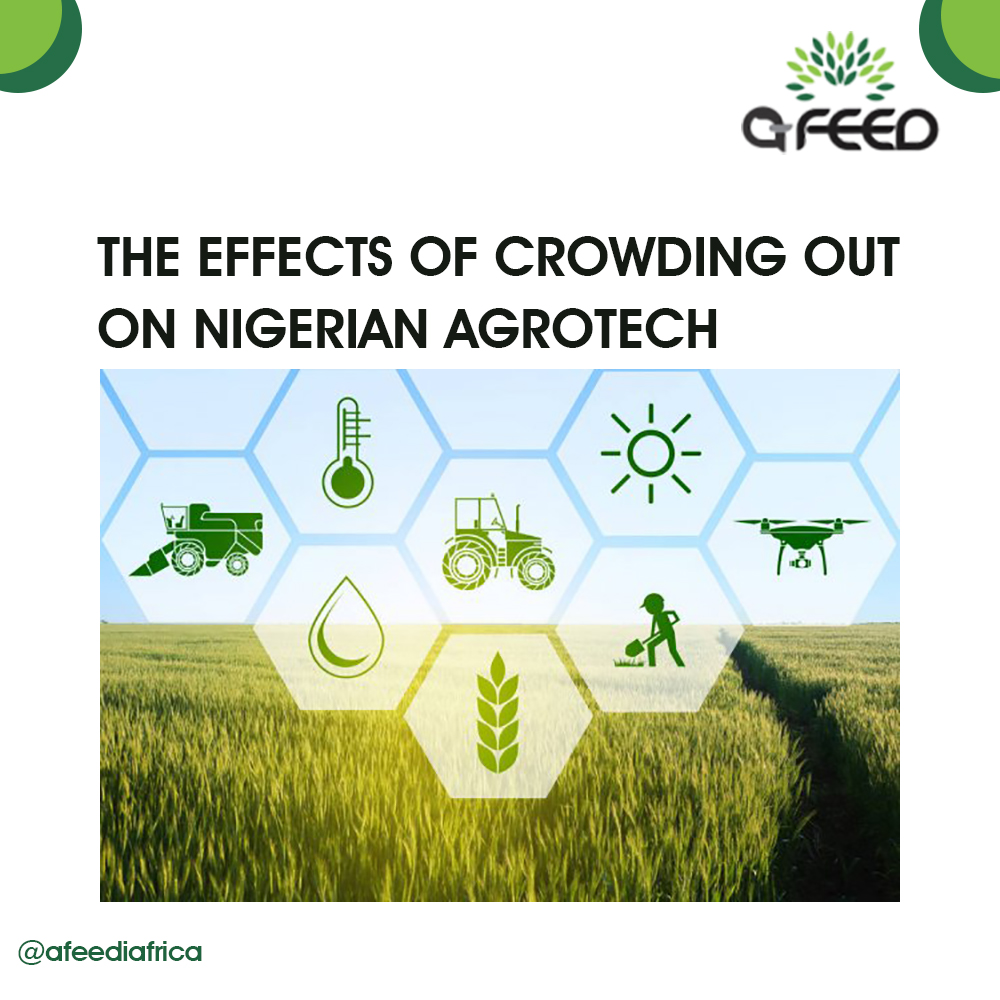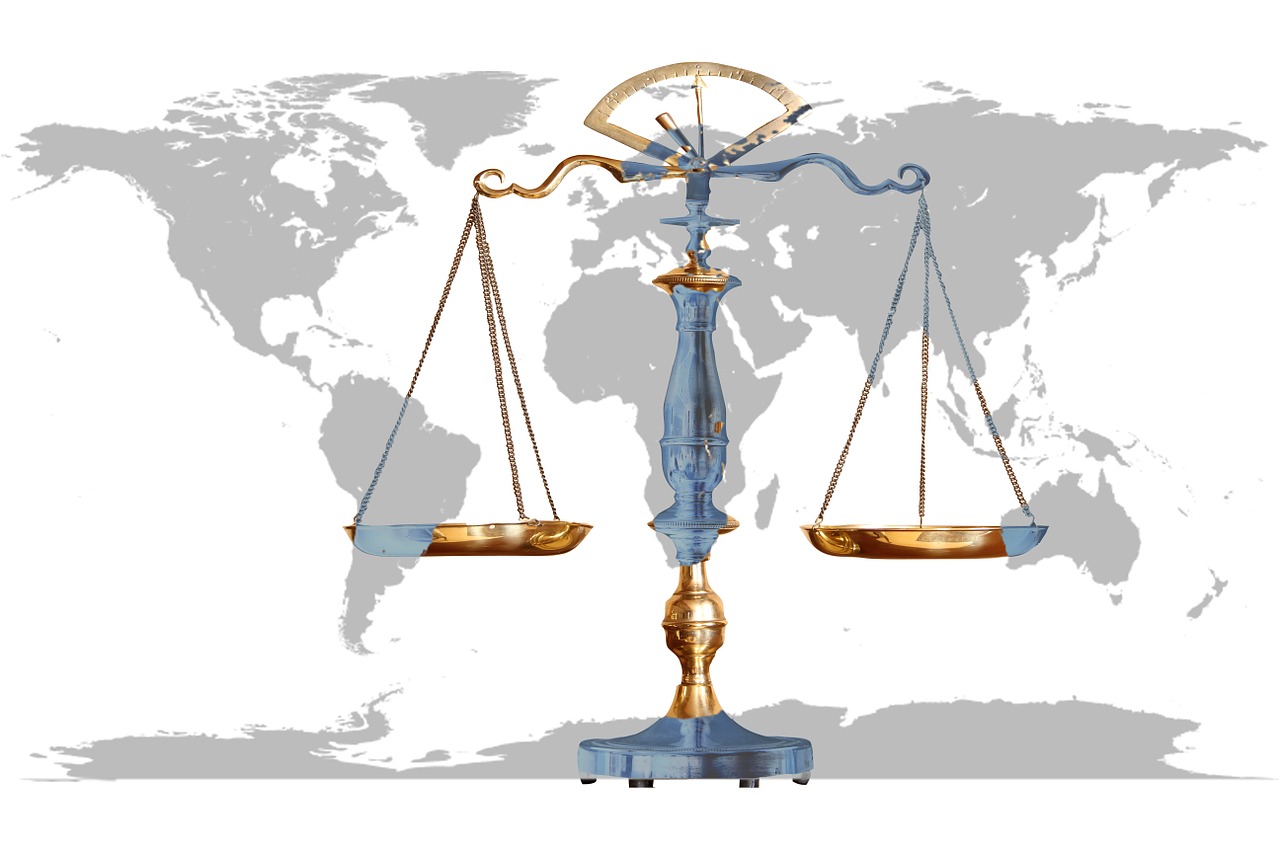AFEEDi is committed to advocating for sound public policies that create a freer and more prosperous Africa. Our policy briefs provide in-depth analysis and recommendations on a range of issues affecting Africa, from economic development and entrepreneurship to governance and civil society.
Our policy briefs are written by experts in their field and provide a comprehensive overview of the challenges and opportunities facing Africa. They are designed to be accessible to a wide audience and provide practical recommendations for policy makers and stakeholders to consider.
To learn more about AFEEDi’s policy briefs and how they can inform and influence policy decisions in Africa, explore our resources. Together, we can work towards a better future for Africa.”

Cashew Business: A game changer for Africa
The cashew business has become a game changer for Africa, especially for countries like Nigeria, Tanzania, Ivory Coast, Ghana, and Benin. With proper support, entrepreneurs can build thriving businesses in the cashew value chain, contributing to the prosperity of their respective countries and the continent at large. In this policy brief, we explored the benefits and future outcomes of the cashew business for African entrepreneurs, as well as the challenges they may face.

EFFECT OF CROWING OUT ON NIGERIAN AGROTECH
In recent years, a growing number of agritech companies have begun offering digital solutions to address the challenges faced by smallholder farmers in Nigeria. These solutions aim to improve smallholder farmers’ access to financial services, farm inputs (e.g. as good quality seeds), fertilisers, insecticides and pesticides, and equipment (e.g. tractors), as well as provide other extension services to farmers.

ENFORCING CONTRACTS: WAY FORWARD
There is a need to reduce government regulations dictating the procedures that must be followed and who can serve as an arbitrator or mediator. This will go a long way to encourage private dispute resolution mechanisms and increase transparency. Also, Case flow throughout the judiciary should be examined on a regular basis in order to objectively assess the process and provide improvements where necessary. ⠀

EU NEED NOT BAN NIGERIAN PRODUCTS
The European Union placed a ban on the importation of beans and cowpeas from Nigeria in 2013 for a period of one year. This was as a result of the uncontrolled use of pesticides on the crops, as stated in the amended 2015/943 EU regulation.
